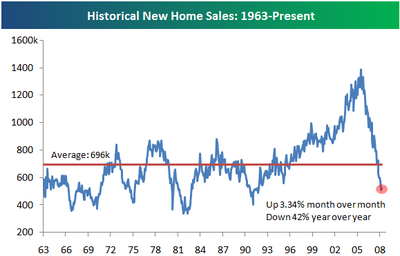- Joined
- Jul 31, 2010
- Messages
- 5,395
- Reaction score
- 2,782
- Location
- Minneapolis
- Gender
- Male
- Political Leaning
- Other
From the article:
President Obama and Congress await recommendations on ways to reduce federal deficits from the National Commission on Fiscal Responsibility and Reform.
The 18-member panel will report December 1st - after the midterm election.
The Commission, chaired by Democrat Erskine Bowles and Republican Alan Simpson, was established by Mr. Obama to provide recommendations on how to "put the budget into primary balance, meaning that the federal government will pay for all of its programmatic obligations."
Should be interesting. Looks like the first half of Obama's presidency was about enacting progressive policies, the second half will be about making the hard choices and reducing spending. Whether or not he can get Americans to buy into whatever that plan is -- and if the plan works -- will probably determine whether or not he will get a second term.
The tone of the OP is annoying to me. The national debt is up 3 trillion dollars. Bush's debt was 5 trillion during his time in office. You're not going to win by taking one side or the other, because at the end of the day, you're an American and the massive overspending will eventually cripple your nation. If your house is on fire and you're sitting there saying "told you that old radiator was a hazard" instead of trying to put the fire out, you're not helping things any.
President Obama and Congress await recommendations on ways to reduce federal deficits from the National Commission on Fiscal Responsibility and Reform.
The 18-member panel will report December 1st - after the midterm election.
The Commission, chaired by Democrat Erskine Bowles and Republican Alan Simpson, was established by Mr. Obama to provide recommendations on how to "put the budget into primary balance, meaning that the federal government will pay for all of its programmatic obligations."
Should be interesting. Looks like the first half of Obama's presidency was about enacting progressive policies, the second half will be about making the hard choices and reducing spending. Whether or not he can get Americans to buy into whatever that plan is -- and if the plan works -- will probably determine whether or not he will get a second term.
The tone of the OP is annoying to me. The national debt is up 3 trillion dollars. Bush's debt was 5 trillion during his time in office. You're not going to win by taking one side or the other, because at the end of the day, you're an American and the massive overspending will eventually cripple your nation. If your house is on fire and you're sitting there saying "told you that old radiator was a hazard" instead of trying to put the fire out, you're not helping things any.

